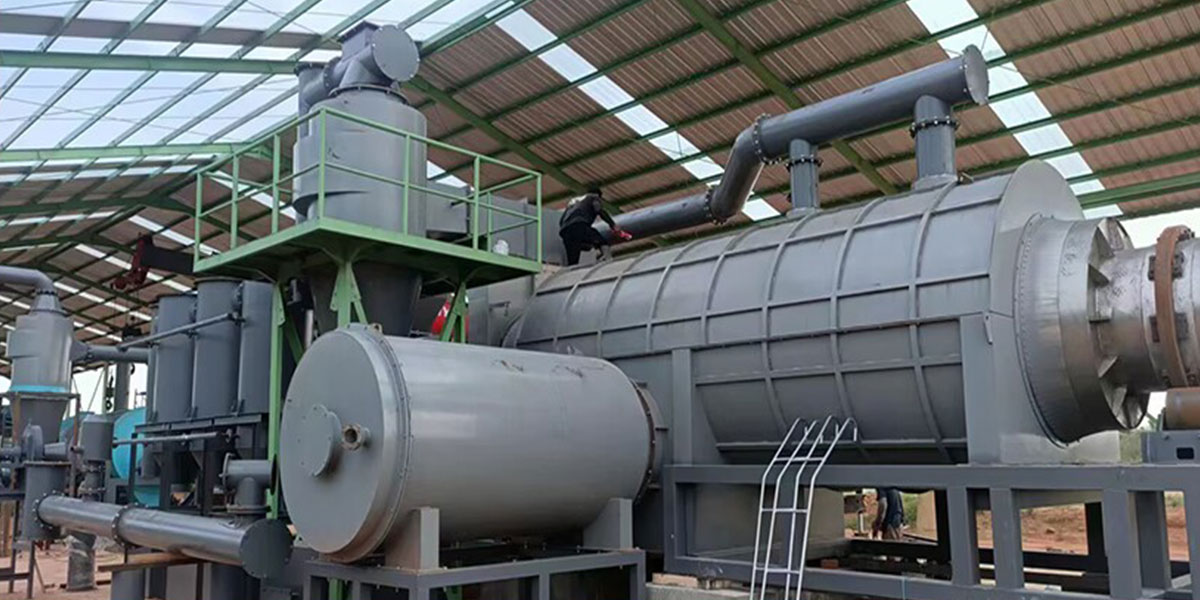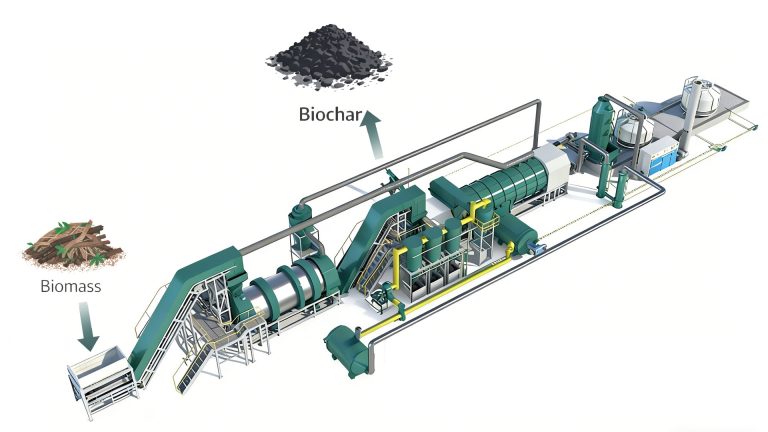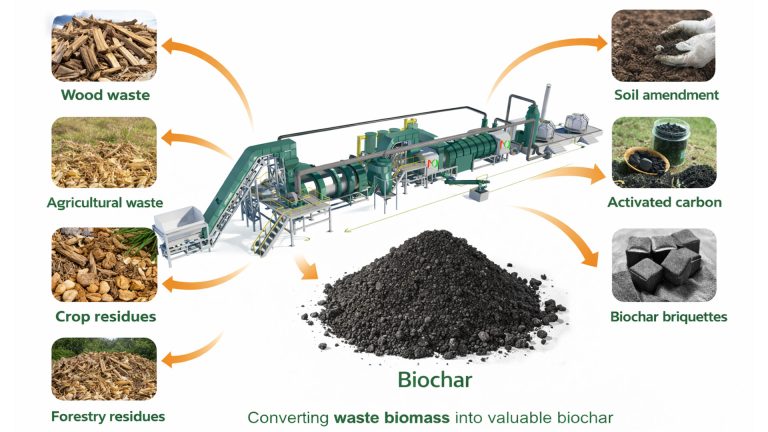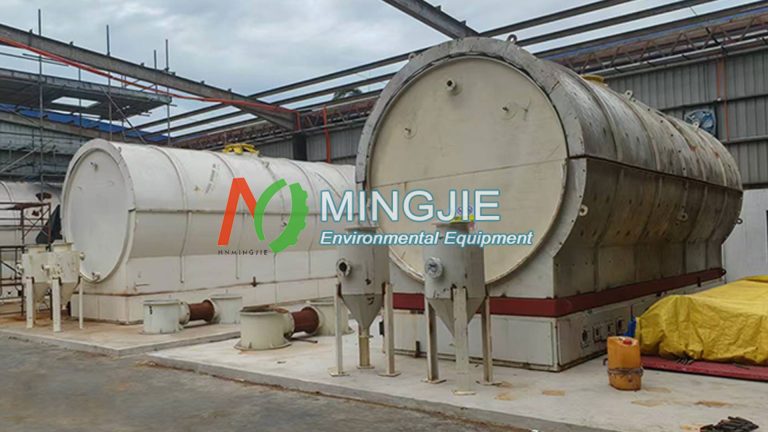Biomass charcoal making machine is a kind of equipment specially designed to convert biomass into biochar. It realizes the reduction and resource utilization of waste biomass with its unique pyrolysis technology and design.
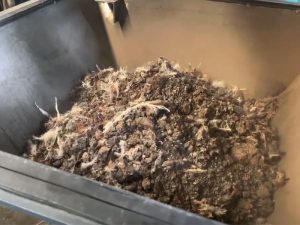
Biomass, as the raw material library of biochar making machine, covers agricultural waste (such as straw, rice husk), forestry residues (such as sawdust, branches), livestock and poultry manure, and some industrial organic waste.
Biochar production equipment provides an efficient and environmentally friendly solution for the treatment of organic waste. Organic waste such as agricultural waste, forestry residues, and livestock and poultry manure are put into biomass charcoal making machines and converted into biochar through pyrolysis.
Biochar Making Machine Manufacturer
Mingjie Group is a professional biochar making machine manufacturer. Our biomass carbonization equipment uses a continuous pyrolysis process to convert biomass into charcoal. We offer multiple models of biomass carbonization plants, including MJT-100, MJT-500, MJT-1000, MJT-2000, MJT-3000, and MJT-5000. Their waste biomass pyrolysis capacity ranges from 100-5000kg/h.
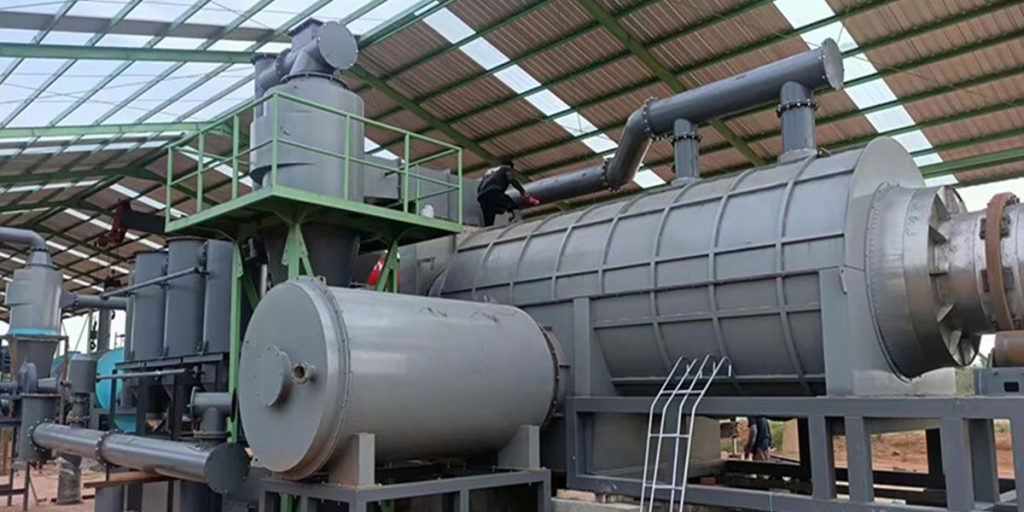
In addition, the biomass pyrolysis process also forms useful by-products, such as syngas and tar. The syngas can be used to heat the carbonization furnace, which undergoes multiple dust removal processes before use.
Biomass Charcoal Making Machine in Agriculture Application
Biochar, as the product of biomass charcoal making machine, has high added value. It can be used in soil conditioner, activated carbon and other fields.
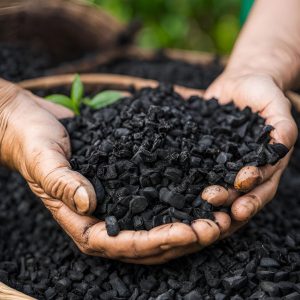
Biochar has a rich pore structure and can effectively improve the soil structure. It can increase the air permeability and water permeability of the soil, making the soil looser. It allows the roots of crops to stretch and breathe freely and easily absorb oxygen and nutrients.
At the same time, biochar can also improve the water retention capacity of the soil and reduce the evaporation and loss of water. It provides a continuous and stable water supply for crops. This role is particularly important in arid areas.
Biochar itself is rich in carbon and a variety of minerals and trace elements, such as potassium, calcium, magnesium, etc., which are all nutrients necessary for the growth of crops. After biochar is applied to the soil, it will gradually release these nutrients to provide long-term nutritional support for crops.
Moreover, biochar can also regulate the pH of the soil, making it more suitable for the growth of crops. For acidic soils, biochar can increase the pH value of the soil and reduce the harm of acidity to crops. For alkaline soils, biochar can play a certain buffering role and improve the chemical environment of the soil.
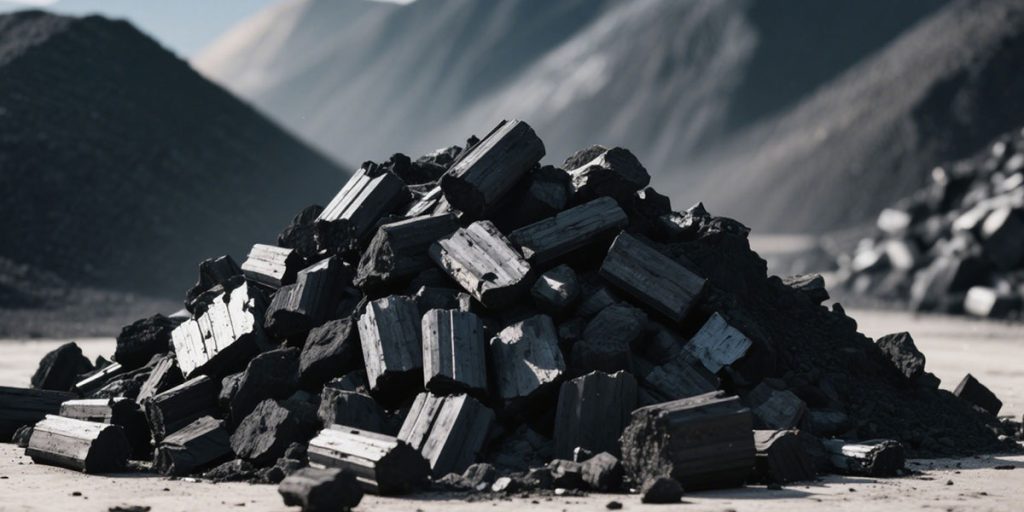
In addition, biochar can also absorb heavy metals and organic pollutants in the soil. It can reduce its toxic effects on crops and ensure the quality and safety of agricultural products. Studies have shown that adding biochar to heavy metal-contaminated soil can reduce the effective content of heavy metals in the soil by 20% – 50%, and the absorption of heavy metals by crops is significantly reduced.
Biochar Production Equipment in the Industrial Field
In the industrial field, biochar produced by biomass charcoal making machines also plays an irreplaceable and important role. In industrial smelting, biochar is a high-quality reducing agent.
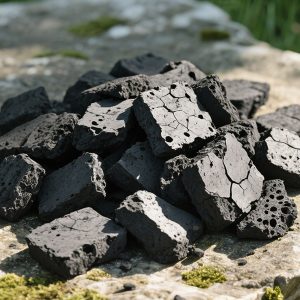
Taking steel smelting as an example, biochar can replace traditional coke and participate in the reduction process of iron ore. Compared with coke, biochar has higher reactivity and lower ash content, which can more effectively reduce iron in iron ore and improve the output and quality of steel.
At the same time, the use of biochar can also reduce greenhouse gas emissions during smelting and reduce environmental pollution.
Biochar is also a high-quality raw material for making activated carbon. Activated carbon has a highly developed pore structure and a huge specific surface area, and its adsorption performance is extremely strong. It is widely used in many fields such as water purification, air purification, food and beverage decolorization, gold extraction, etc.
Biomass Carbonization Plant in Fixed Carbon Application
The application areas of biomass carbonization plant are constantly expanding. In addition to traditional agricultural and industrial fields, the application of biochar pyrolysis plant in emerging fields, such as carbon trading and carbon sequestration, sewage sludge treatment, etc. is also gradually gaining attention.

Biomass charcoal making machine also plays a key role in addressing global climate change. Biochar has a strong carbon fixation capacity. During the biomass pyrolysis process, the carbon in the biomass is fixed in the biochar, forming a stable form of carbon storage.
After biochar is applied to the soil, the carbon can be preserved in the soil for decades or even hundreds of years, thereby reducing the content of carbon dioxide in the atmosphere and mitigating the greenhouse effect. It is estimated that for every ton of biochar applied, about 0.5-1 ton of carbon dioxide can be fixed, which is of great significance for achieving global carbon reduction goals.
Biochar can also further promote carbon fixation and storage by improving soil quality and improving the carbon sink capacity of the soil. For example, in some degraded lands, after the application of biochar, the organic carbon content of the soil increased and the activity of soil microorganisms increased. The carbon cycle of the soil ecosystem is improved, thereby achieving effective carbon fixation and accumulation.

